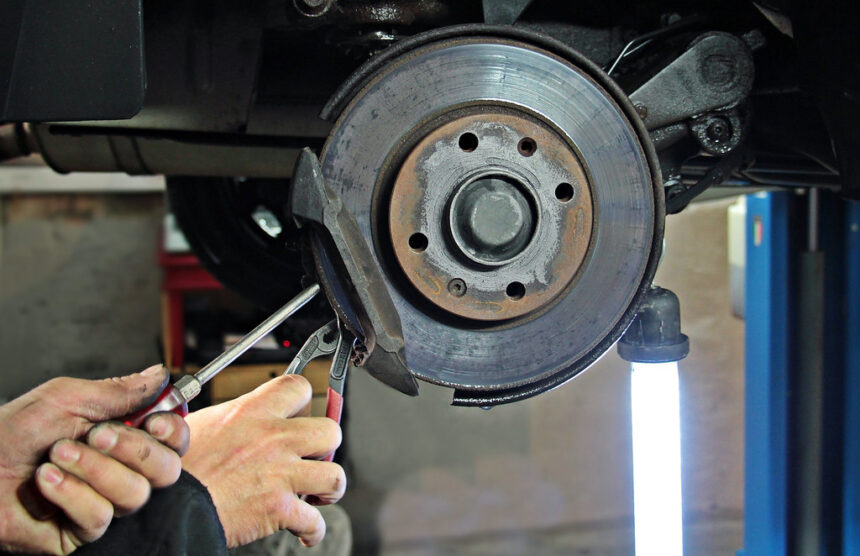7 Steps for Effective Credit Repair
It can be difficult to attain and maintain good credit. But, with some careful effort, effective credit repair is possible. Below are 7 steps to aid in your credit repair efforts:
1. Get a Copy of Your Credit Report
The first step to effective credit repair is to request a copy of your credit report from all three major credit bureaus: Experian, TransUnion, and Equifax. Once you have your reports, check for any errors and dispute any inaccuracies with each credit bureau.
2. Analyze Your Credit Report
Once you have your credit report, take the time to analyze it in detail. Be aware that paid collections, late payments, and high balances typically reduce your credit score. Dispute any inaccuracies, mistakes, or outdated information on the report to the credit bureaus.
3. Plan a Debt Payment Strategy
Your credit score is directly impacted by how much debt you have outstanding. By expeditious payment of existing debt and keeping current debt payments, you can significantly increase your credit score. Make a plan to tackle high balance credit cards or other debts first, then make minimum payments on remaining credit cards or loans.
4. Pay Your Bills on Time
Late payments and defaulting on loan payments significantly affect your credit score. Make a payment plan to ensure timely payments and establish ‘auto-pay’ features on as many bills as possible. This will help you prevent missing important payments.
5. Avoid Maxing Out Credit Cards
The amount that is owed to creditors relative to your credit limit is a big factor in determining your credit score. Try to keep credit card utilization at about 30 percent of your limit. This will also help you in terms of paying off your debt faster.
6. Avoid Opening Unnecessary Credit Accounts
Opening too many accounts in a short time period can have a negative impact on your credit score. Try to open only one or two accounts each year.
7. Monitor Your Credit Score
Key aspects of your credit report, such as the number and length of accounts, can have a major impact on your credit score. It’s important to regularly monitor your credit score to make sure you don’t have any surprises.
Following these steps will help you with effective credit repair. Remember to recognize your financial success, set future budgeting goals, and review your credit report frequently. Once you have accomplished the repair, set your finances up for success to ensure good credit for years to come.

